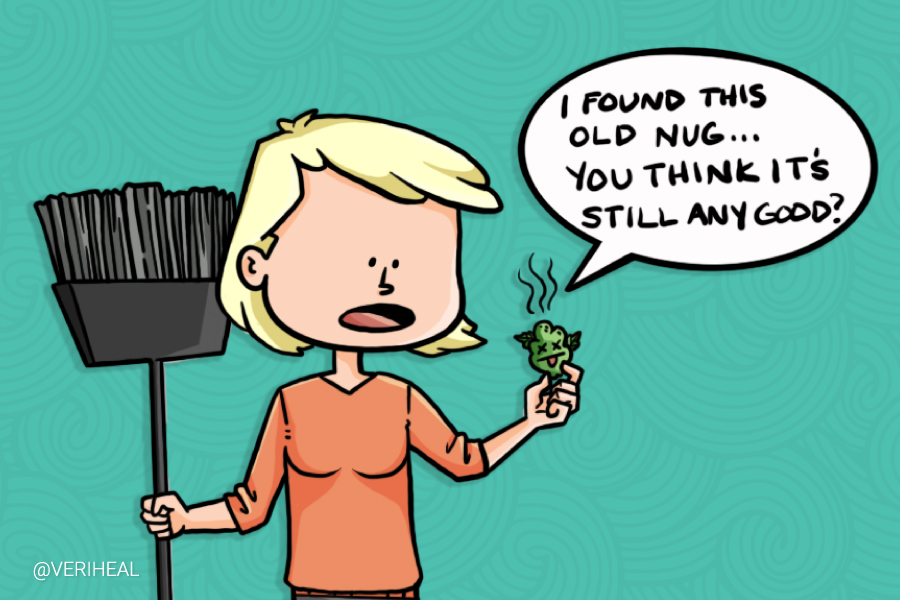For many, cannabis edibles have long been a part of their cannabis routine. Some people prefer the experience of eating an edible over the experience of smoking cannabis directly, while others are partial to the potent and prolonged body high that comes with a cannabis snack as opposed to the quick head high that comes with a smoke or a vape.
In the wake of Covid-19, more people are switching to edibles, recognizing that it is more important these days than it ever has been to take care of our lungs. If this is something you have considered, we encourage you to go for it. It is advisable these days to give your lungs as much of a break as you can. Covid-19 has had another effect on us all—we’ve begun to stock up on needed supplies so that we’ll be sure to have what we need, and so that we won’t have to leave our homes during the shelter in place orders. One way this is manifesting is in the stockpiling of cannabis—people are buying more supplies than they might typically need at a time, in order to be prepared.
But is stockpiling your cannabis edibles a good idea? How long will they last before they begin to lose their potency?
The Shelf Life of the Food
There are two considerations when deciding how long you can preserve an edible, and the first is one you’re already very familiar with—the quality of the food.
Why You Should Get Your Medical Marijuana Card
Veriheal has satisfied millions of patients nationwide by giving them access to these benefits
- Larger purchase limits
- Peace of mind
- Enhanced legal protection
- Access to higher potency strains
- Save up to 25% on cannabis purchases
- Skip the line at the dispensary
Fortunately, this translates quite easily. The shelf life of foods remains constant whether or not they have cannabis within them. That means that your baked goods are going to stay relatively fresh for quite a while, as long as they’re stored in a properly sealed container, and your gummies will be good for even longer. If you purchase your edibles from a dispensary, you can expect them to be good for quite a long time.
If you are someone who enjoys preparing your own edibles at home, just consider how long you would be willing to eat that food if you were preparing it without cannabis. How long would you keep a pan of brownies? The cannabis content has no impact on the shelf life, so the answer should remain the same.
What About Potency?
THC loses its potency slowly. In general, the efficacy of THC is degraded over a period of about six months. This is exacerbated by oxygen—THC that is exposed to oxygen will degrade more quickly. That means that if you want your edibles to last a long time, you need to store them in as airtight of a container as possible. It’s also vital to keep them away from moisture in a cool environment for the best results. Try putting them in a Tupperware or a mason jar in a shady spot, or even in the refrigerator. But make sure they’re plainly labeled so that someone doesn’t take an unsuspecting bite!
The importance of keeping edibles away from oxygen also means that some varieties of edible will be good longer than others. A baked item like a cookie, which is porous, is more exposed to oxygen, and will have a harder time staying fresh. A gummy, meanwhile, or hard candy, will be protected at the center, and the THC it contains will remain potent longer.
Though edibles are not a danger to eat if the THC has lost its potency, it would be a shame to let them go to waste. Keep the six-month timeline in mind and store your edibles with care and you should be all set.
Author, Share & Comments
















